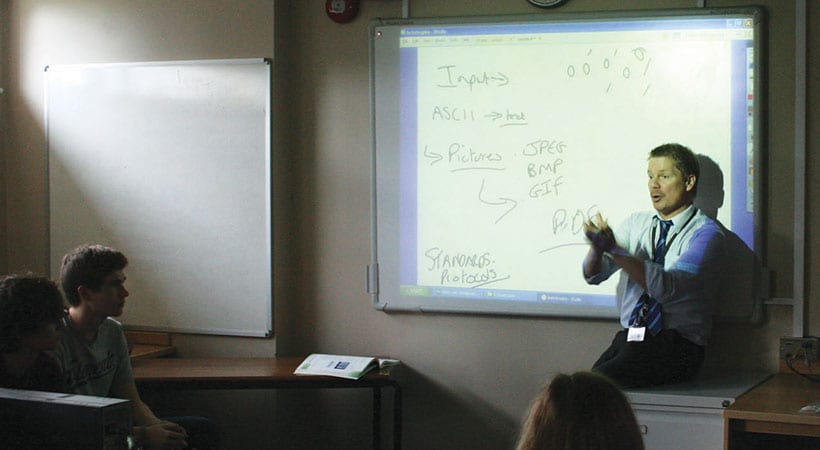What are the entry requirements?
5 GCSEs at A* – C or equivalent.
Course Outline
AS:
Unit 1: Practical use of ICT, identifying, designing, producing, testing, documenting and evaluating solutions. Data entry, storage output of information, use of software, current health and safety legislation.
Unit 2: ICT systems, their components, uses, users, safety and security. Data and information, data transfer, backup and recovery.
A2:
Unit 3: Developments in technology, information needs of organisations, ICT systems, management of ICT. Developing ICT systems, introducing large ICT systems into organisations. Training and supporting users of ICT systems.
Unit 4: Practical issues involved in managing the use of ICT in organisations. Investigating, analysing, defining requirements. Selecting and using appropriate technologies, designing solutions, methods for testing and installation, documenting and evaluation.
How will I be assessed?
AS:
Unit 1: Practical Problem Solving in the Digital World. 1 hour 30 minutes (50% of Total AS, 25% of total A Level marks)
Unit 2: Living in the Digital World. 1 hour 30 minutes (50% of Total AS, 25% of total A Level marks)
A2:
Unit 3: The Use of ICT in the Digital World, 2 hours (60% of Total A2, 30% of total A Level marks)
Unit 4: Coursework: Practical Issues Involved in the Use of ICT in the Digital World. Coursework (40% of total A2, 20% of total A Level mark)
What will I study?
In the first unit you will study the practical use of ICT. You will be involved in identifying, designing, producing, testing, documenting and evaluating solutions. In addition you will look at data entry, storage output of information, use of software, current health and safety legislation. Unit 2 will cover ICT systems, their components, uses, users, safety and security. You will also look at data and information, data transfer, backup and recovery.
At A2, you will study the concepts associated with the use of ICT in the 21st century. You will also have opportunities for acquiring skills needed in the ICT profession such as co-operative working and project management. These practical skills can be developed in areas of ICT that are of interest to you. You can also use these newly acquired skills as a springboard into other qualifications and working environments.
Unit 3 will cover the developments in technology, information needs of organisations, ICT systems and management of ICT. You will also look at developing ICT systems and introducing large ICT systems into organisations. Unit 4 will cover the practical issues involved in managing the use of ICT in organisations.
Where can it lead me?
E-business, software programming, E-development, network management, games development and Teaching.


